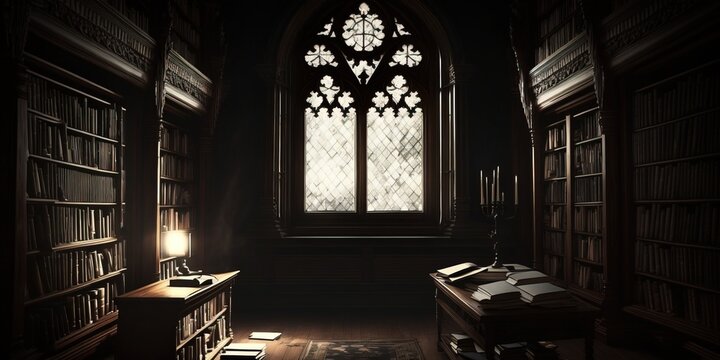
FAQ About Gothic Literature
Gothic Literature
2 years ago | gizem
What is the impact of Edgar Allan Poe on Gothic Literature?
Edgar Allan Poe had a profound and lasting impact on Gothic Literature, leaving an indelible mark on the genre through his innovative writing style, exploration of psychological horror, and contributions to the American literary tradition. Here are some key aspects of Edgar Allan Poe's impact on Gothic Literature:
- Exploration of the Dark and Macabre: Poe is renowned for his fascination with the dark and macabre. His stories and poems often delve into themes of death, madness, murder, and the uncanny. He took the Gothic tradition to new depths of psychological horror.
- Pioneering the Short Story: Poe is credited with pioneering the modern short story format. His concise and tightly structured narratives, such as "The Tell-Tale Heart" and "The Fall of the House of Usher," set a standard for the genre and influenced countless writers who followed.
- Use of the Unreliable Narrator: Poe frequently employed unreliable narrators, characters whose mental states or perspectives are questionable. This technique added layers of psychological complexity to his tales and heightened the sense of suspense and uncertainty.
- The Sublime and the Uncanny: Poe explored the sublime, the idea of experiences that inspire awe and fear, in his writing. He also delved into the concept of the uncanny, where the familiar becomes unsettling. These themes added depth and emotional intensity to his work.
- Symbolism and Allegory: Poe's stories often contain symbolic and allegorical elements. For example, in "The Masque of the Red Death," the rooms of a mansion represent stages of life and death. This use of symbolism added layers of meaning to his narratives.
- Influence on Detective Fiction: Poe's detective stories, featuring the character C. Auguste Dupin, laid the groundwork for the detective fiction genre. "The Murders in the Rue Morgue" (1841) is considered one of the first modern detective stories.
- Revival of Gothic Poetry: Poe's poetry, particularly "The Raven," had a significant impact on the revival of Gothic poetry in the 19th century. His use of dark, melancholic themes and metered verse influenced later poets and poets of the Symbolist movement.
- Transcendental Influence: While not a Transcendentalist himself, Poe's works engaged with themes that challenged the optimism and transcendental ideals of his contemporaries. His dark, introspective narratives offered a counterpoint to the optimism of the era.
- Literary Criticism and Theory: Poe also made contributions to literary criticism and theory, particularly with his essay "The Philosophy of Composition," in which he analyzed the process of writing "The Raven." His emphasis on the calculated construction of literature had a lasting impact on literary criticism.
- Global Influence: Poe's work had a global influence on Gothic and horror literature. His style and themes influenced writers in Europe and beyond, contributing to the development of the horror genre worldwide.
